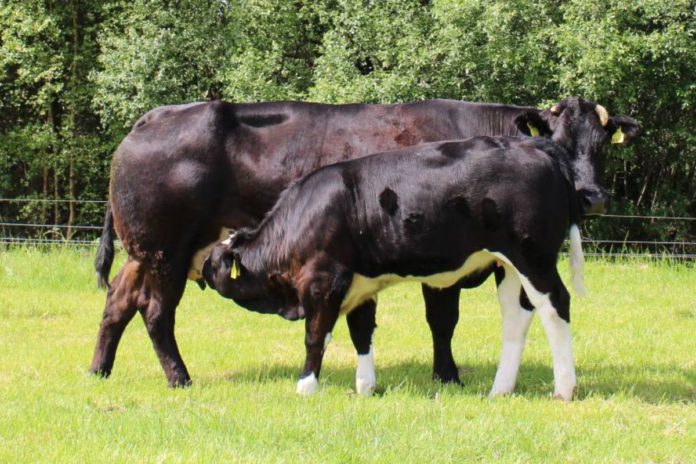The IFA has called on the government to provide a funding package to support the country’s suckler and beef farms.
Its national livestock chairman, Brendan Golden, said this would ensure that the country can continue to produce beef at a time of “real” food security and food sovereignty concerns.
He stated that the target for the sector should be to continue to produce beef from one of the most environmentally sustainable production systems in the world, based on our suckler herd.
Golden stressed that “suckler cow numbers are in serious decline”. “We are at a critical stage, with less than 50% of our beef animals now coming from suckler herds”.
He pointed out that since 2018, there has been a 12% reduction in suckler cow numbers. Therefore, he stated that this has led to a reduction of over 20% in suckler beef production.
Suckler Farming
Golden described suckler farming as an “extremely vulnerable” sector, with average incomes sitting at just over €10,000/year.
According to Teagasc’s latest National Farm Survey, direct payments contribute 130% of FFI. Furthermore, new investment on suckler farms has dropped from €6,121 in 2016 to €4,490 in 2020 – a decline of 27%.
The IFA official said Ireland has built its €2.5bn beef sector on the production standards and image of the “world-class beef” from suckler cow farms.
“Suckler and beef farmers will play our part on climate action. Measures that are practical to implement, have the potential to add value on our farms, and contribute to the climate objective will all be considered,” he said.
“The level of government will determine the level of ambition for the sector and industry ambition to directly support farmers in the process.”
“We do not have the economic capacity for extra investments or changes of practice on our farms.”
Measures include:
- Age at slaughter;
- Genomic testing;
- Animal health and targeted medicines usage;
- Soil health and fertility;
- Alternative crops;
- Support for generational renewal.
Brexit, CAP and technology
Furthermore, Golden said we cannot ignore that our beef sector, the country’s largest farming enterprise, is “most exposed” to Brexit’s impact.
Furthermore, he outlined that more productive suckler and beef farmers are “most” exposed to inputs inflation.
These, he added, are the very same farmers hit hardest in the “flawed” Common Agriculture Policy and the government’s reduced targeted support commitments.
Golden said the tools are not yet available/proven that can “guarantee” specific emissions reduction at a national level.
“We cannot move faster than the science, technology and tools by setting arbitrary figures for the sector that have the potential to undermine food production, food security, food sovereignty and the socio and economic viability of our rural towns and villages.”
Lastly, he believes plans for the sector must take the 20% reduction in beef originating from suckler and beef herds into consideration and set about protecting this “critical” national resource.
Other farming/agricultural news articles on That’s Farming:





